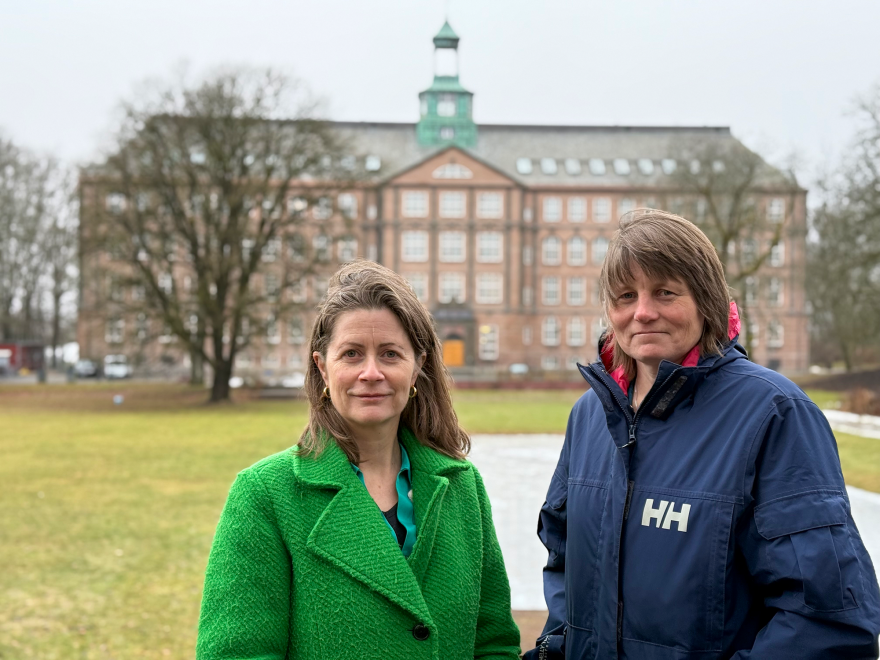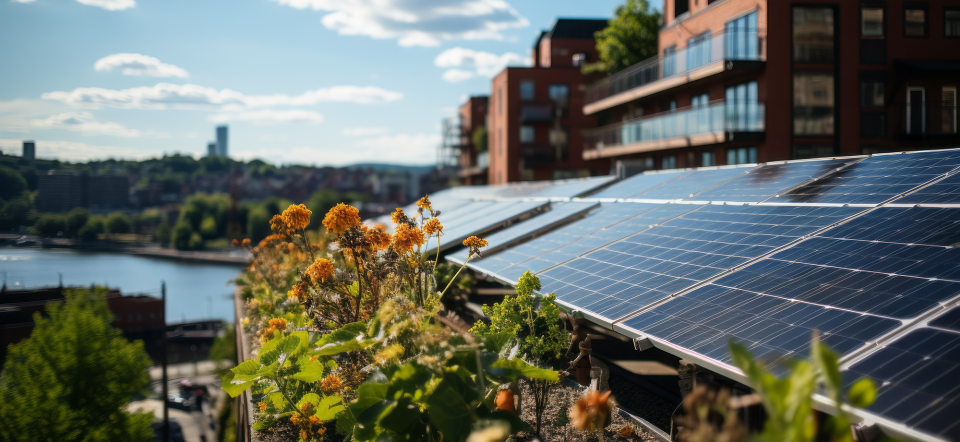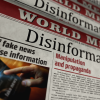We live in a time when the impacts of climate change are increasingly manifesting themselves in the form of extreme weather events such as droughts, floods and storms. In the years to come, this will lead to increased costs for climate adaptation and damage repair, while at the same time Nordic welfare states must ensure the well-being of all citizens.
How should municipalities prepare and ensure preparedness, and how do they get the population involved and on board?
The newly established preparedness network Fair and Resilient Societies - The Nordic Model into the future? is led by Annette Alstadsæter, who is also head of Skatteforsk - Centre for Tax Research at the Norwegian University of Life Sciences.
Among other things, the project examines the role of taxation and public trust in the climate transition and how citizens' perception of fairness affects support for environmental policies such as carbon taxes.
"The welfare society needs to be financed, and how do we do that in the best possible way? How do we ensure that everyone contributes according to ability and not willingness? When everyone contributes according to their ability, it builds trust in society, but that trust must be maintained to avoid some people feeling marginalised. If groups of people feel marginalised, it can ultimately create polarisation. The welfare state is an important part of society's overall preparedness and helps ensure that everyone feels part of society," says Annette Alstadsæter.

A balance sheet that doesn't add up
The network also includes Siri Ellen Hallstrøm Eriksen, professor at the Norwegian University of Life Sciences and head of the Centre for Climate Resilient Development. She has served on the UN's Intergovernmental Panel on Climate Change and has researched how we can adapt to climate change and create so-called climate-resilient societies.
"When we hear about climate change in the media and in society in general, it can be difficult to understand what it means for you and me. But when we instead explain how climate change affects our everyday lives and the communities we live in, and why it's important to invest in green solutions, it can suddenly create engagement," she says.
Investing in green solutions is also economically beneficial:
"Globally, approximately 30 times more investments are made in activities that destroy nature than build it up. This happens even though half of the world's economic activities depend on nature. It's a balance sheet that doesn't add up."
Annette Alstadsæter adds:
"What happens to our attitudes towards climate action when we realise that our basement is full of water or the road in front of our house is under water? We are starting to see the consequences of climate change in our neighbourhood. The question is, who will foot the bill? How will governments prevent taxes from getting too high? And how will this affect our attitudes towards welfare societies? Because it's about how we distribute the bill, and we can no longer leave it to the insurance companies."
The researchers will investigate these questions, and especially the opinions of the population. Opinions are important for society as a whole, but also for politicians and elected officials. People's opinions influence how they vote when they go to the polls, and ultimately it's important for politicians to secure votes, Alstadsæter emphasises.
Involvement leads to ownership
One way to influence people's opinions is to inform them and involve them in decision-making processes. If people know the background to why the municipality is introducing measures, they are more likely to understand the necessity of the measures and accept them.
"How can we create a better welfare society where everyone feels included and contributes? Most importantly, people need to feel that they are involved and are active participants in the design of initiatives. It gives a sense of ownership and commitment to the neighbourhood. It's the whole population that should be involved. Also those with disabilities and special needs, because international research shows that it creates societal resilience," says Siri Ellen Hallstrøm Eriksen.



